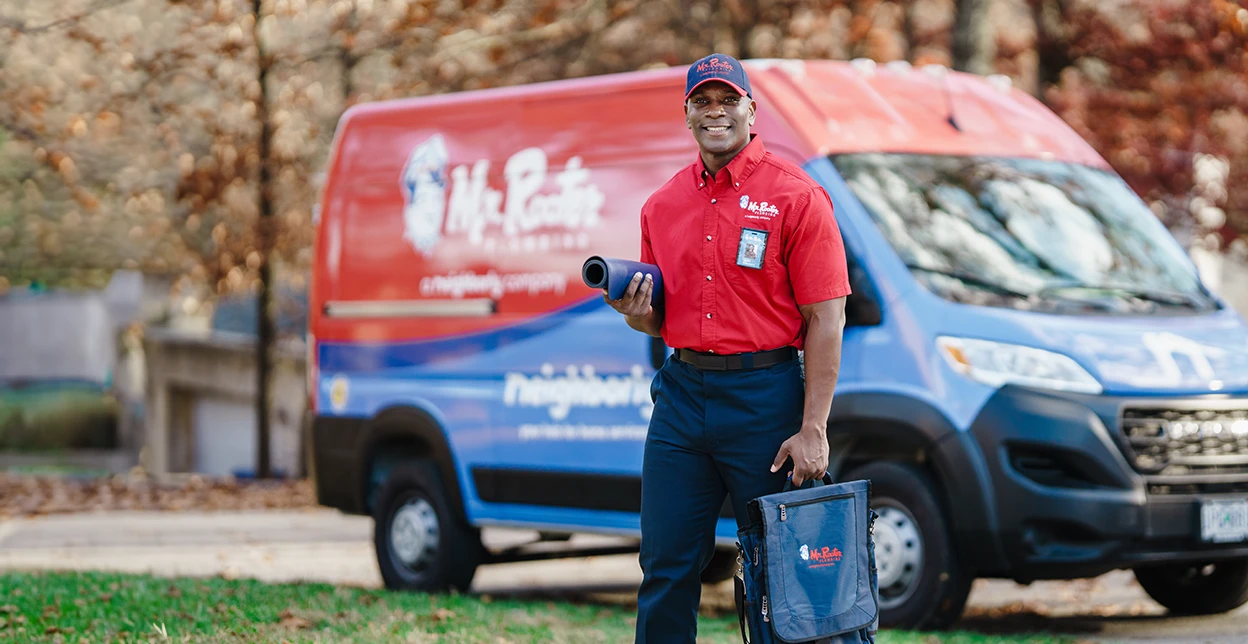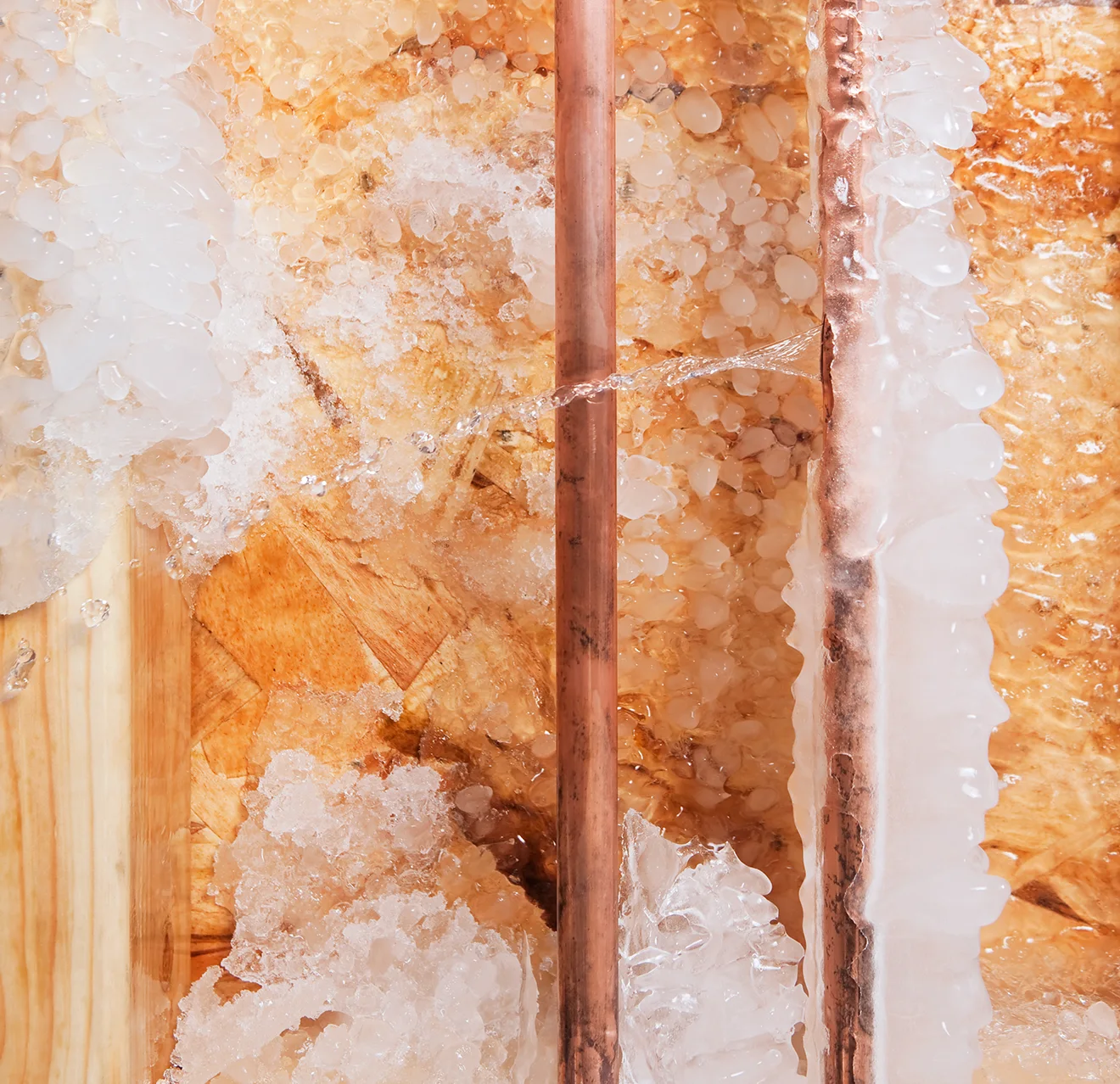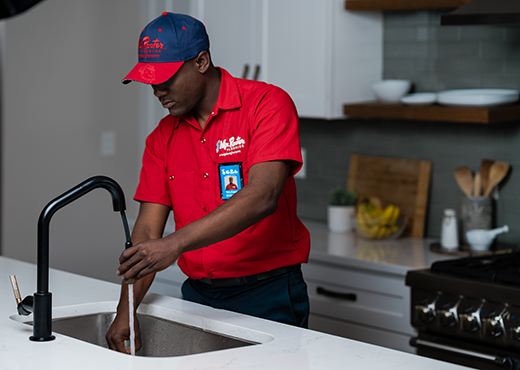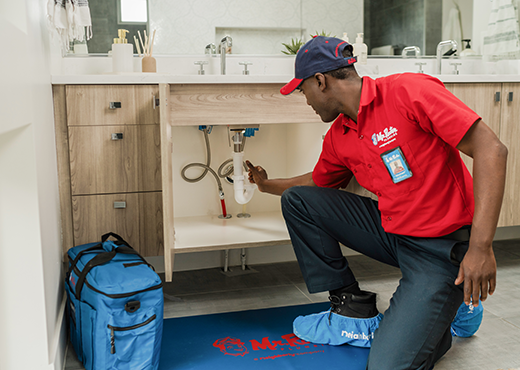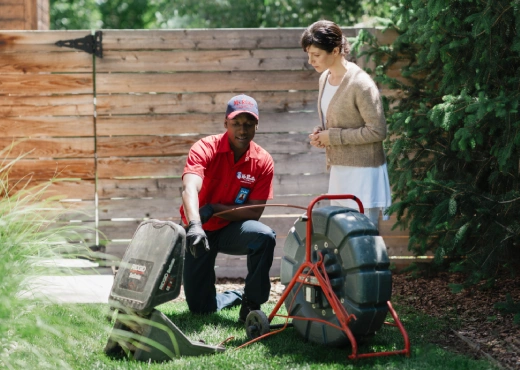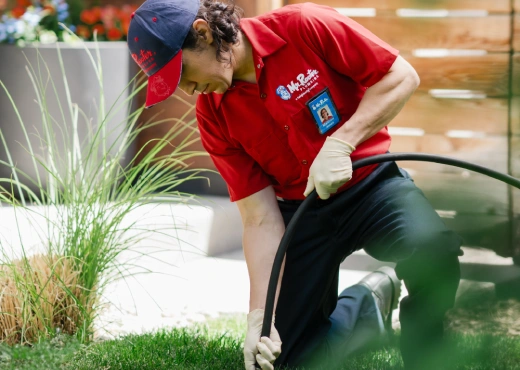Are your pipes frozen and in need of repair? Take the worry out of cold-weather plumbing with Mr. Rooter Plumbing of Rochester! Our friendly, highly skilled technicians provide comprehensive frozen pipe repair services for residential customers. For maximum efficiency, we take a proactive approach to freeze protection by recommending preventative measures such as scheduling shut-offs before frigid temperatures set in throughout the region.
With state-of-the-art technology, a customer satisfaction guarantee, and 24/7 emergency service available -- you can rest assured that your frozen pipes will be restored quickly so you can get on with life.
